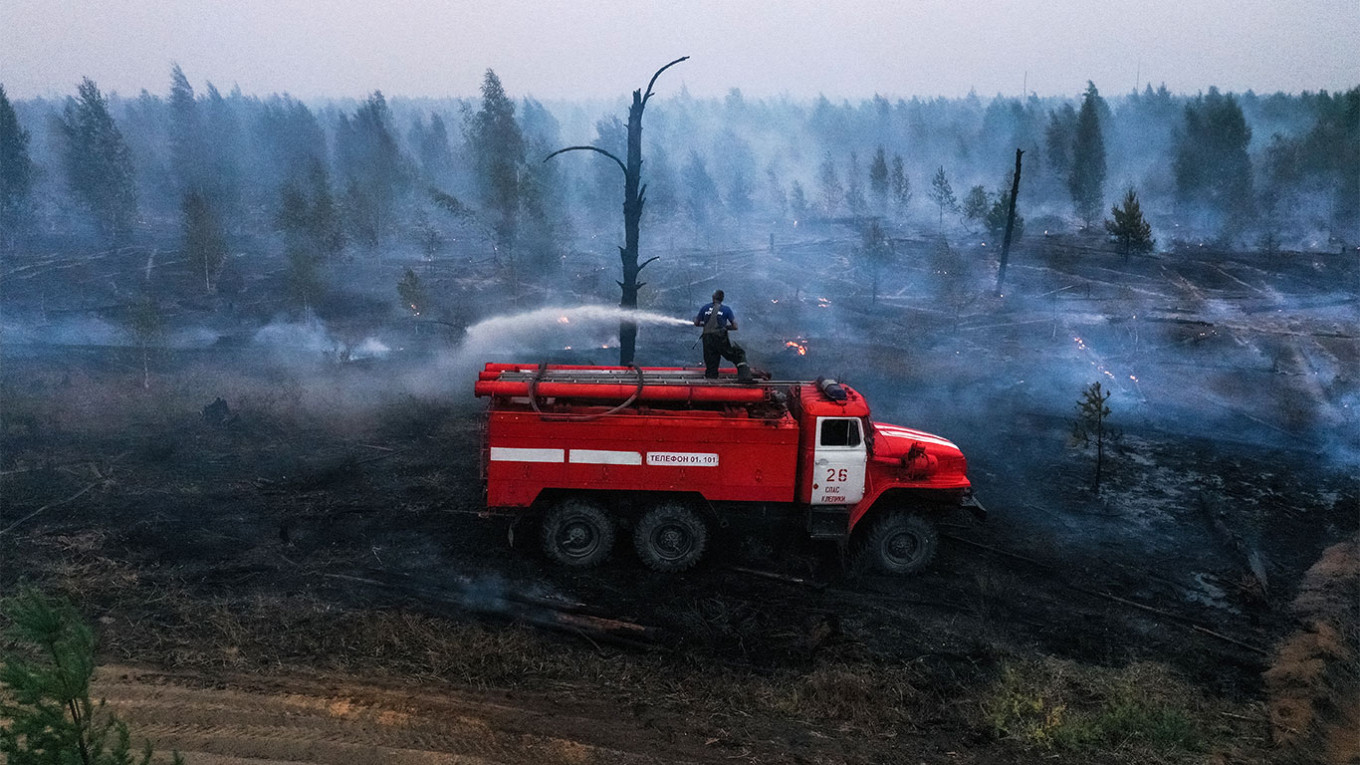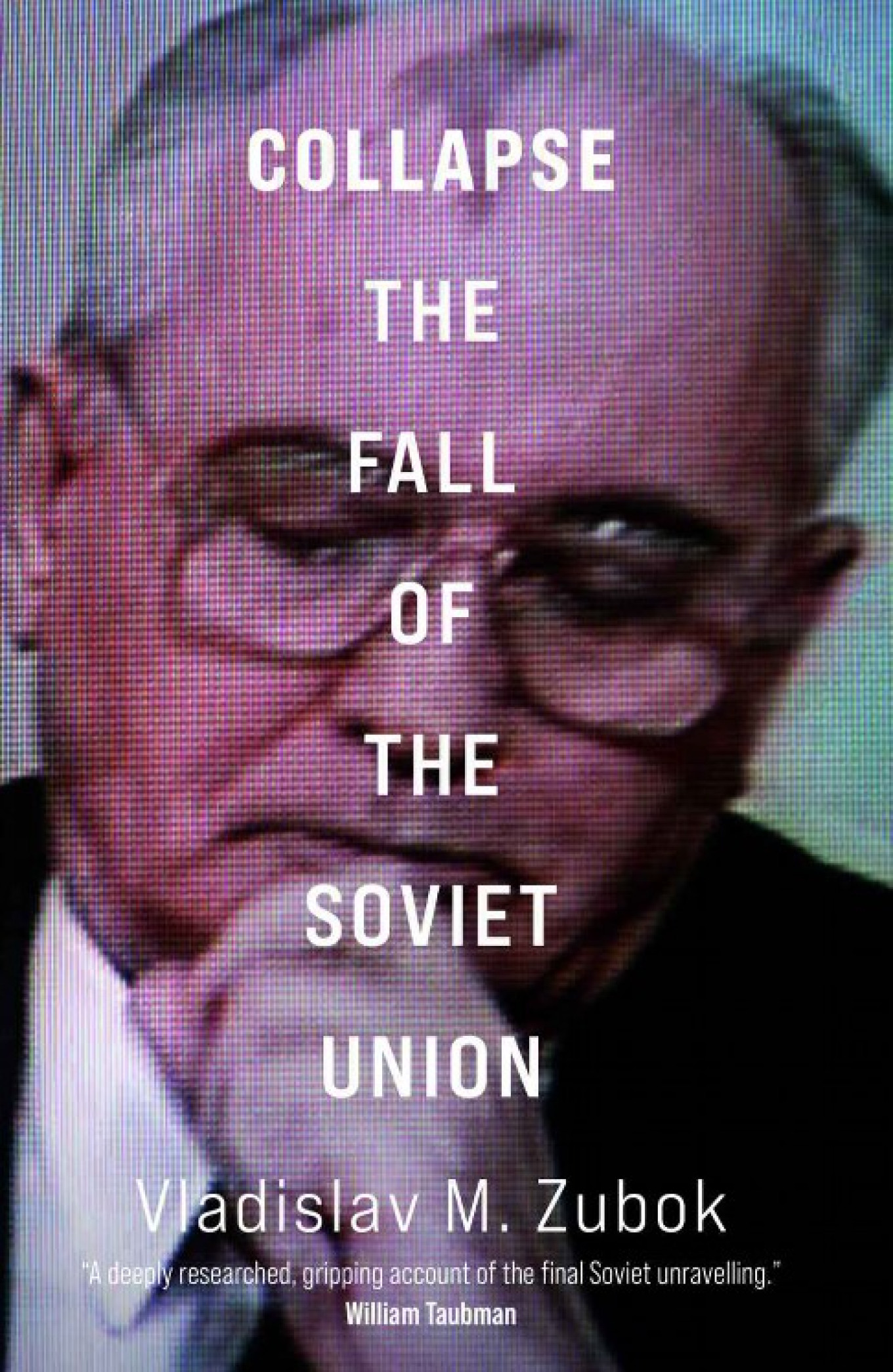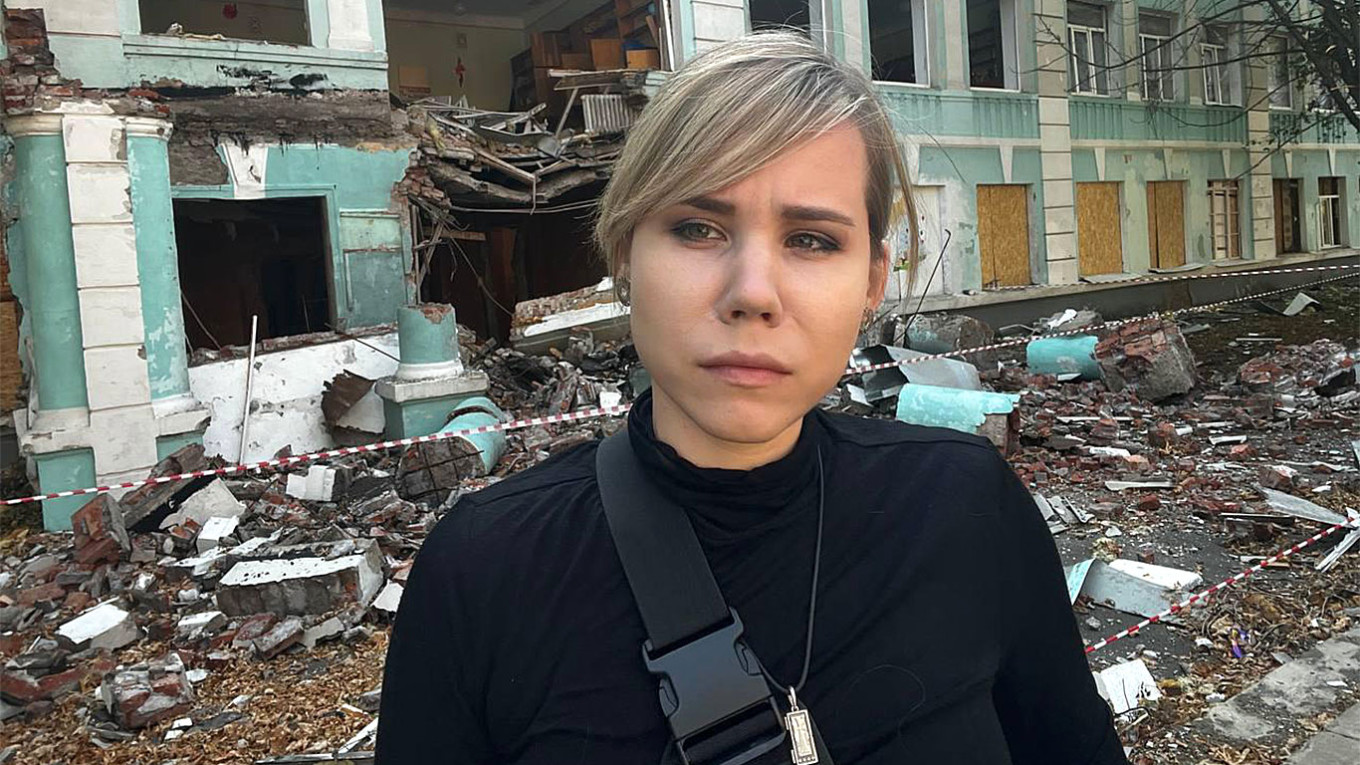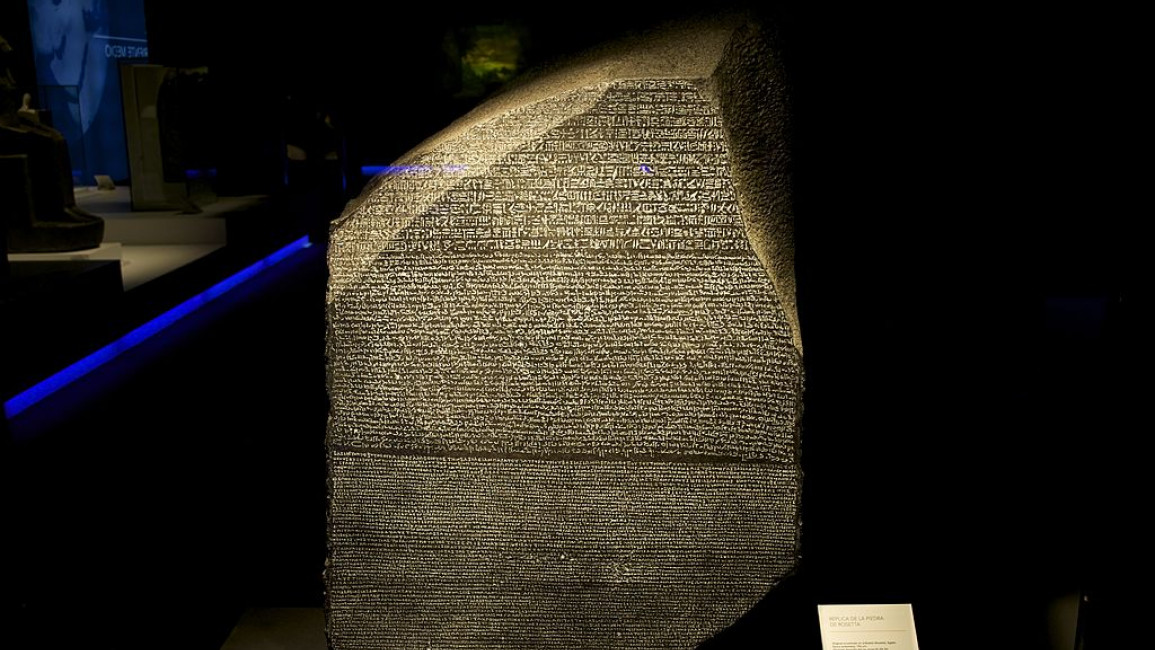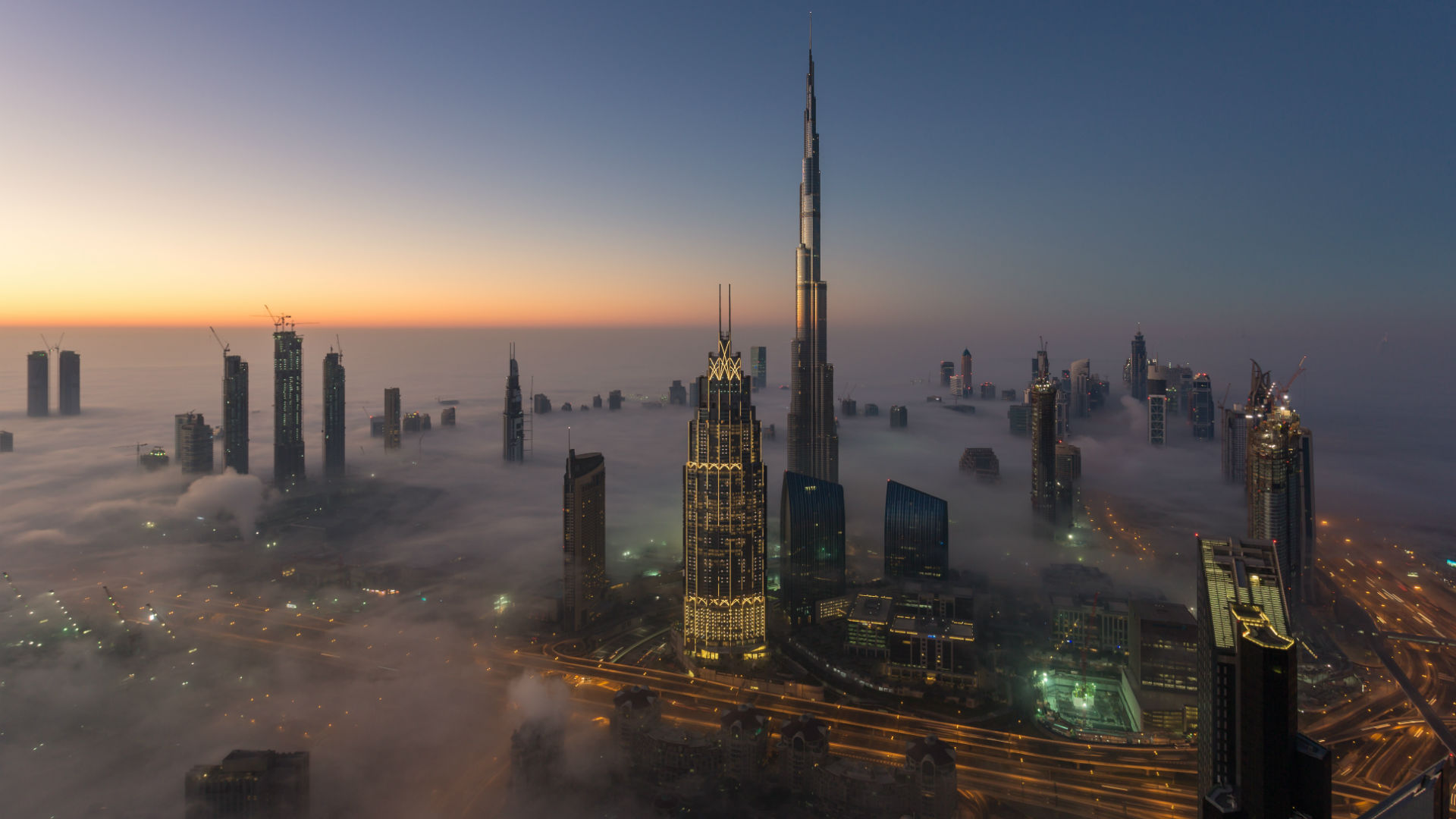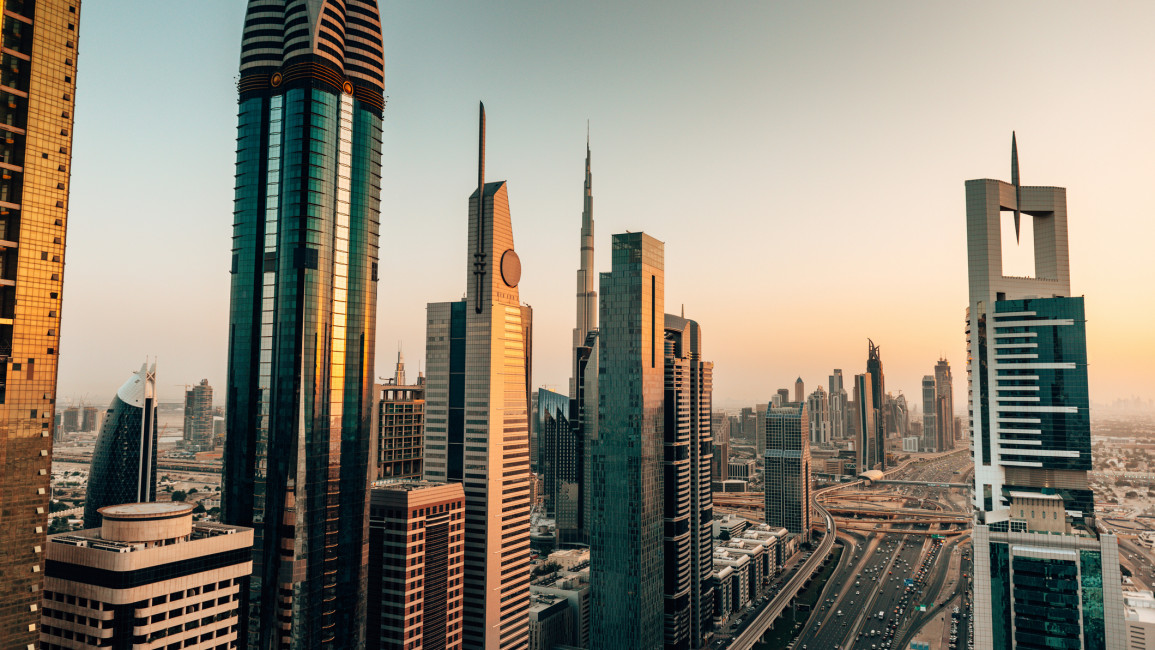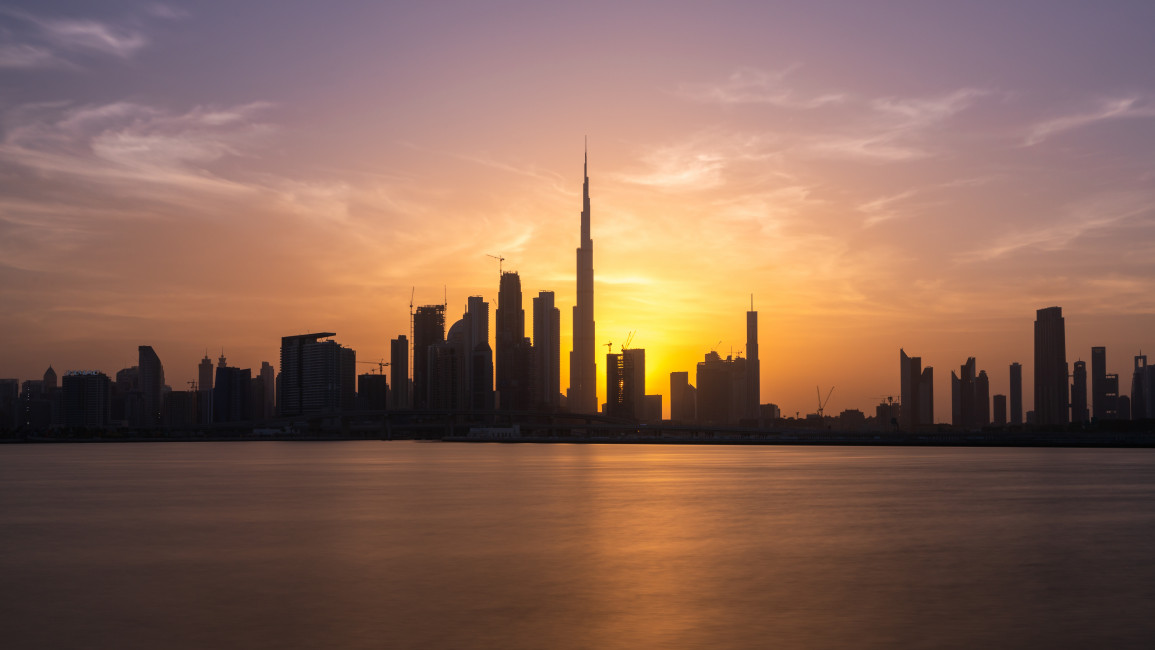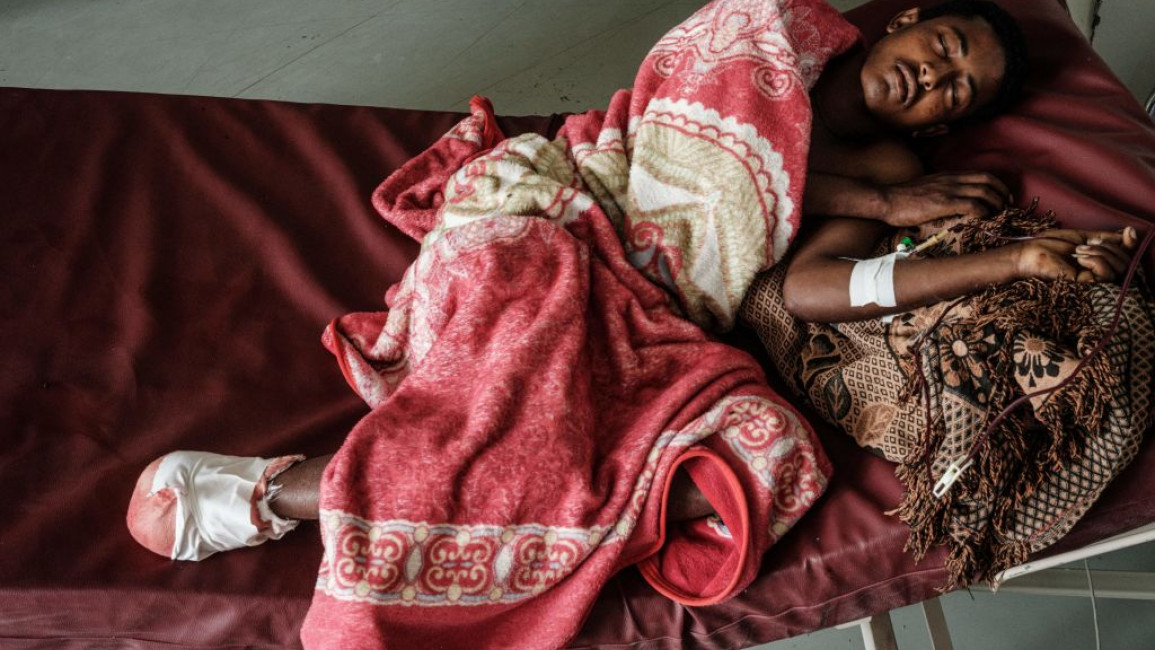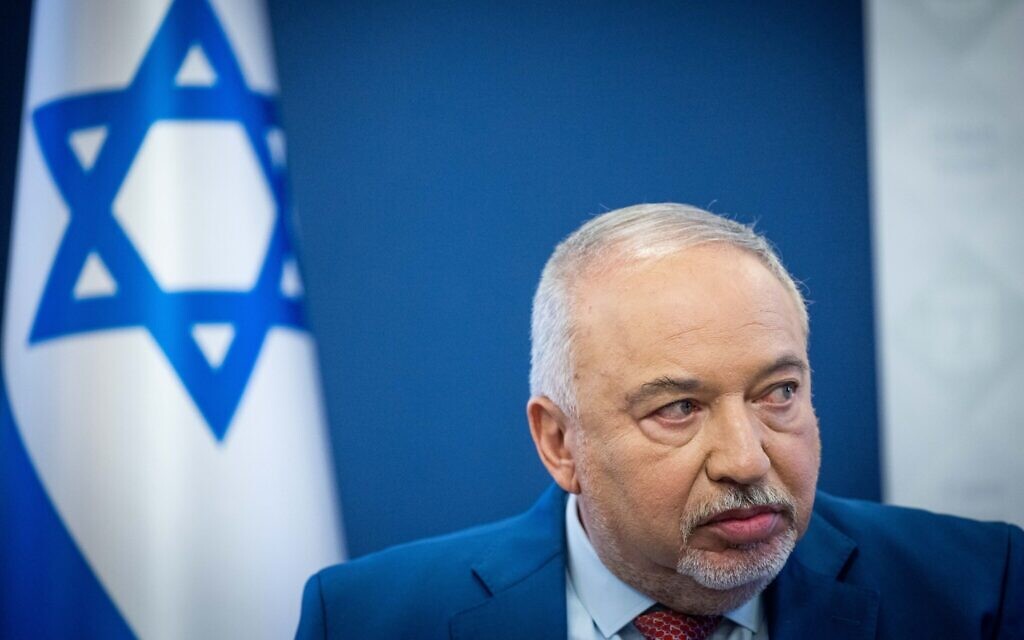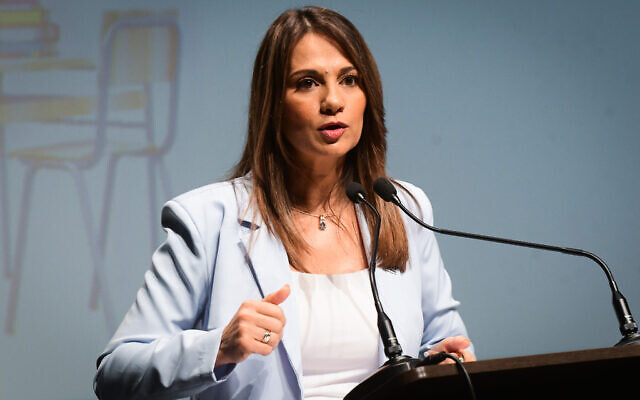August 19, 2022
Written by VOA

Charred trees are pictured on the outskirts of the Algerian city of El Taref
Algeria's civil protection authority said Thursday that the death toll from forest fires raging in at least 26 provinces had risen to 37.
At least 161 people have been reported injured, with dozens more missing. Algerian media showed video of fires burning out of control in forests across the country, claiming thousands of acres of woodland and affecting the country's national parks.
Interior minister Kamel Beldjoud told journalists that fires were raging unchecked in large swaths of the country and that authorities were still trying to collect data from local officials to determine the number of buildings and other structures that were damaged or destroyed.
Beldjoud said his ministry had received reports of 106 fires spreading in Skikda, Jigel, Setif, El Taref, Souq Aras and Tipaza. Ibtissam Hamlawy, who heads Algeria's Red Crescent Society, told state TV that her organization was well positioned to deal with such a crisis and was busy sending volunteers to help in areas affected by the fires, in addition to sending aid to those families worst hit by the tragedy.
She said the Red Crescent began sending aid to those affected by the fires early Thursday, including 20 tons of medicine, mattresses and blankets, foodstuffs and water to the region of El Taref, in the east of the country.
Egyptian political sociologist Said Sadek, now based in Tunisia, told VOA that summer temperatures in parts of North Africa, including Algeria and Tunisia, have been unprecedented and that this had contributed to conditions favourable for wildfires.
"The whole area of North Africa from Morocco to Algeria to Tunisia [is] facing big challenges," Sadek said. "The weather is changing, and they are suffering from water shortages and extreme heat, rising heat, that are pushing that."
Sadek noted that both Tunisia and Morocco were rationing water because of lengthy droughts, and that dry weather was contributing to making forest areas prone to wildfires. Algeria, Tunisia and Libya were badly hit by wildfires in 2021, caused by similar climatic conditions. Numerous wildfires have been reported this year in parts of Europe, including France and Italy, because of high temperatures and drought.
Last year, Algerian media said a drone was spotted setting some of the forest fires and reported that parts of the plane subsequently were recovered after it crashed. Authorities are looking into the reports to see if there is a connection.
Written by VOA

Charred trees are pictured on the outskirts of the Algerian city of El Taref
Algeria's civil protection authority said Thursday that the death toll from forest fires raging in at least 26 provinces had risen to 37.
At least 161 people have been reported injured, with dozens more missing. Algerian media showed video of fires burning out of control in forests across the country, claiming thousands of acres of woodland and affecting the country's national parks.
Interior minister Kamel Beldjoud told journalists that fires were raging unchecked in large swaths of the country and that authorities were still trying to collect data from local officials to determine the number of buildings and other structures that were damaged or destroyed.
Beldjoud said his ministry had received reports of 106 fires spreading in Skikda, Jigel, Setif, El Taref, Souq Aras and Tipaza. Ibtissam Hamlawy, who heads Algeria's Red Crescent Society, told state TV that her organization was well positioned to deal with such a crisis and was busy sending volunteers to help in areas affected by the fires, in addition to sending aid to those families worst hit by the tragedy.
She said the Red Crescent began sending aid to those affected by the fires early Thursday, including 20 tons of medicine, mattresses and blankets, foodstuffs and water to the region of El Taref, in the east of the country.
Egyptian political sociologist Said Sadek, now based in Tunisia, told VOA that summer temperatures in parts of North Africa, including Algeria and Tunisia, have been unprecedented and that this had contributed to conditions favourable for wildfires.
"The whole area of North Africa from Morocco to Algeria to Tunisia [is] facing big challenges," Sadek said. "The weather is changing, and they are suffering from water shortages and extreme heat, rising heat, that are pushing that."
Sadek noted that both Tunisia and Morocco were rationing water because of lengthy droughts, and that dry weather was contributing to making forest areas prone to wildfires. Algeria, Tunisia and Libya were badly hit by wildfires in 2021, caused by similar climatic conditions. Numerous wildfires have been reported this year in parts of Europe, including France and Italy, because of high temperatures and drought.
Last year, Algerian media said a drone was spotted setting some of the forest fires and reported that parts of the plane subsequently were recovered after it crashed. Authorities are looking into the reports to see if there is a connection.
